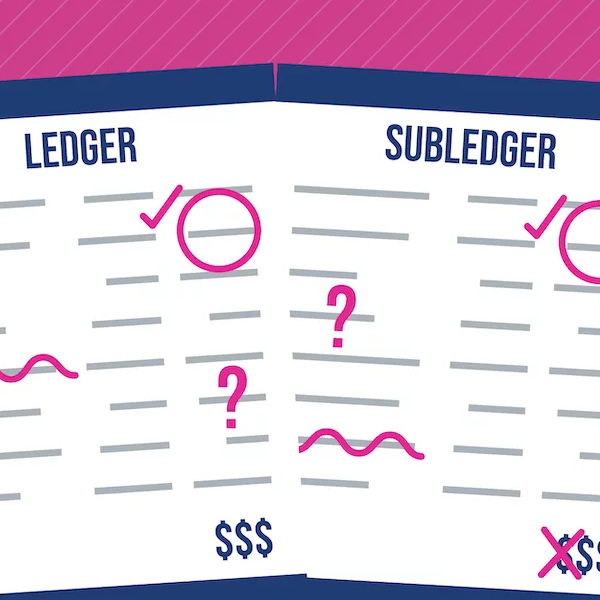
Understanding Reconciliation and Why It Is Important
Reconciliation is a natural account process. It ensures the actual money spent matches the money leaving an account at the end of an accounting period. This is very crucial for busines...

Reconciliation is a natural account process. It ensures the actual money spent matches the money leaving an account at the end of an accounting period. This is very crucial for busines...
Reconciliation is a natural account process. It ensures the actual money spent matches the money leaving an account at the end of an accounting period. This is very crucial for businesses and individuals to keep a track of their finances and inspect false activity. However, it also reflects financial statement errors.
What are the types of reconciliations?
Bank reconciliation is the process of matching your bank statements with your bookkeeping records. However, it is for a particular accounting period and recording the discrepancies. Unquestionably, Bank reconciliations may be tedious, but financial hygiene will pay off. Here’s why it’s a great idea to do them.
Vendor reconciliation is the process of matching the Company payable to vendor a/c balance & vendor outstanding balance and recording the discrepancies. However, It is reconciled from both the account balance company and vendor. If there is any advance to the vendor, it will reduce the balance from the company payable amount. Additionally Reconciling your vendor statements allows you to ensure that there are no mistakes or inaccuracies between what the vendor is charging you and the inventory, services, or supplies you received. Statements typically arrive around the same time each month.
Customer Reconciliation is the process of comparing the outstanding customer balance or bills to the accounts receivable as recorded in the general ledger. Therefore, Accounts closing activity includes customer reconciliation, which is typically carried out at the end of the month before issuing monthly financial statements.
Intercompany Reconciliations. IC reconciliation is when two branches of a parent company reconcile figures as a result of engaging in a transaction. As a result, One child company is the seller to the other child company is the purchaser.
Reasons for intercompany reconciliations
Properly eliminating intercompany transactions and balances in the group’s financial statements ensures a true representation of the consolidated financial position and performance of the group.
In short, This all may be a little difficult to understand but Reconciliation is the normal process that takes place in every business large or small, or in any industry. Earlier it used to be either tedious or error-prone but the process is simplified a lot in recent days. However, the manual process of matching records in spreadsheets is now replaced by sophisticated tools and automation to handle reconciliations quickly and error-free. After all, the word reconciliation means bringing together! It can be anything, relations, or transactions!